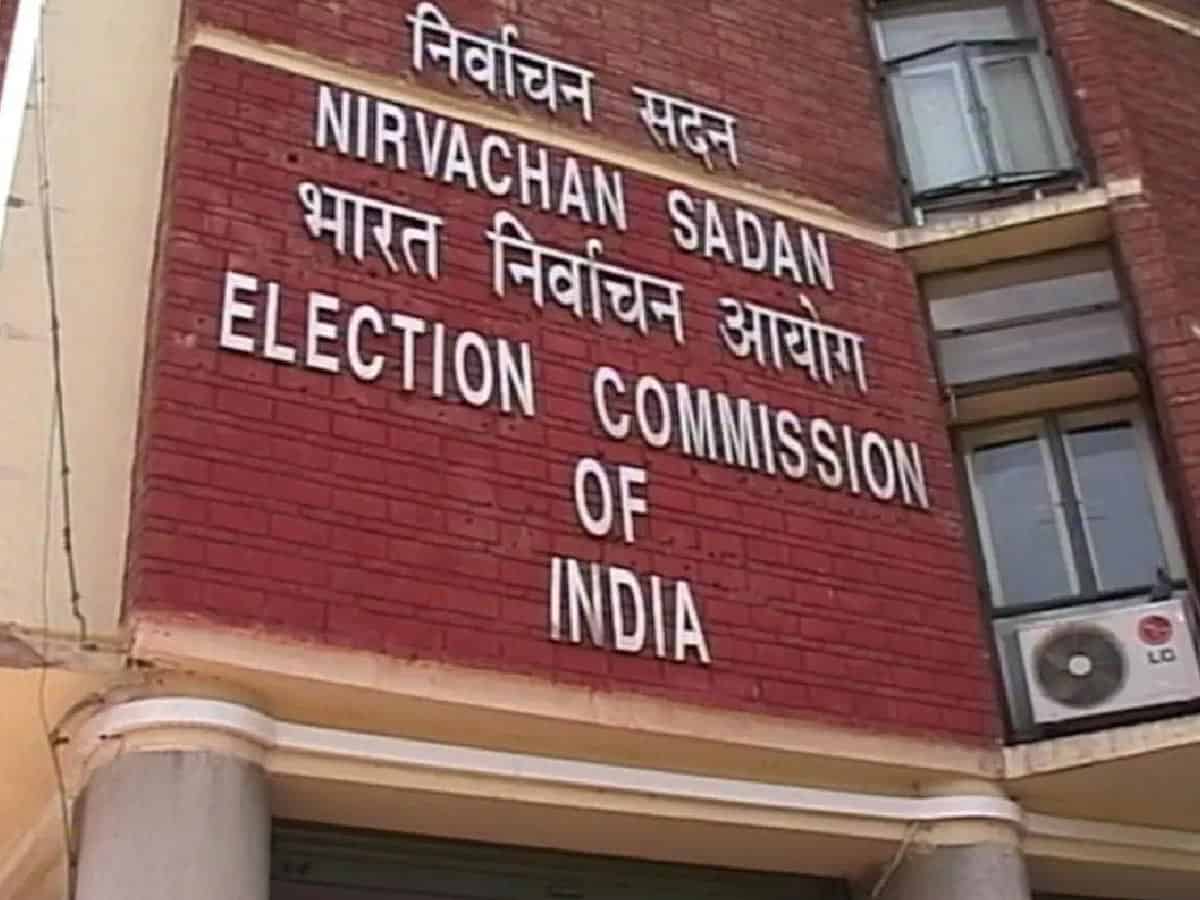
New Delhi: The Election Commission (EC) is gearing up for the nine Assembly Elections this year and the Lok Sabha polls early next year with the aim of pushing the voter percentages through innovative communication strategies.
As one of the initiatives, the EC, in collaboration with Subhash Ghai Foundation, produced a song – ‘Main Bharat Hoon, Hum Bharat ke Matdata Hain’, featuring celebrities from different walks of life, appealing to the people to cast their vote.
The song, which was screened in the presence of President Droupadi Murmu on the 13th National Voters Day — January 25, is already beginning to gain traction on social media through celebrities and influencers.
Officials said that within a week since its launch, the Hindi and the multilingual format of the song had already got over 3.5 lakh views and 5.6 lakh impressions on four major social media platforms — Facebook, Instagram, Twitter and YouTube.
The song is one of such initiatives of EC’s ‘Systematic Voter’s Education and Electoral Participation’ programme, which is the flagship voter education programme focused on inclusion strategies and action plans for enhancing participation from all categories of voters under EC’s motto of ‘No Voter to be Left Behind’.
The song is aimed not only at educating the voters regarding their rights and responsibility towards strengthening democracy, but also at enthusing them for greater participation in the electoral process.
As per EC officials, the song was finalised after a number of interactions of the team led by Subhash Ghai with the Election Commission led by Rajiv Kumar, Chief Election Commissioner.
The Chief Election Commissioner said: “The song is dedicated to each voter who takes cognisance of their national duty and casts vote, beating all odds.”
The motivating lyrics of the song are written and composed by the filmmaker, Subhash Ghai, in association with Whistling Woods International School of Music, Mumbai and it is sung in Hindi and 12 regional languages including Bengali, Marathi, Gujarati, Punjabi, Tamil, Telugu, Kannada, Malayalam, Assamese, Odia, Kashmiri, Santali covering the maximum geographical area.
